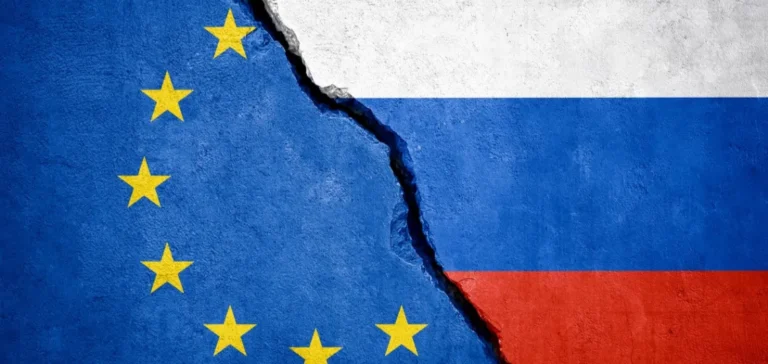The European Union will not alter its energy disengagement strategy from Russia and maintains the objective of halting all oil and gas imports from the country by January 1, 2028. This position was reaffirmed by European Energy Commissioner Dan Jørgensen following a meeting with US Energy Secretary Chris Wright, during which transatlantic supply cooperation was discussed. From 2026, the EU also plans to ban the signing of new short-term contracts with Russian suppliers.
Washington pushes for accelerated timeline
The United States has expressed its wish for the European Union to end its purchases of Russian hydrocarbons sooner, in a geopolitical context still defined by the ongoing armed conflict in Ukraine. When asked whether Washington had requested an accelerated timeline, Mr Jørgensen declined to comment. He stated that the 2028 target is currently under internal discussion within the European Commission for legal adoption. He described the plan as “ambitious”, noting that it is a separate decision from the existing sanctions regime.
Increased US liquefied natural gas shipments
The EU’s plan aims to prevent any price hikes or supply disruptions during the transition. To achieve this, increasing imports of liquefied natural gas (LNG) from the United States is a preferred option. According to Mr Wright, US energy exports have become essential in offsetting the drop in Russian flows to Europe, which previously accounted for nearly 50% of the EU’s imported gas. He reaffirmed the US commitment to support European allies by continuing to increase deliveries.
Progressive disengagement guided by stability concerns
Mr Jørgensen indicated that discussions focus on ways to strengthen Europe’s energy independence while maintaining market balance. Although diplomatic pressure from the United States has intensified, he reiterated that any potential acceleration must not compromise economic stability or supply security. He also stated that he remains open to any additional initiatives that could increase pressure on Russia, provided they align with the EU’s energy interests.






















